Leaving the city to return to the forest to make a living, after a period of hard work reclaiming and building, Mr. Tran Thanh Nhan and his wife (Minh Chau village, Lam Hop commune, Ky Anh district, Ha Tinh) have a property with high income, making many people dream.
In 2010, Mr. Tran Thanh Nhan (born in 1987) graduated from the Faculty of Business Administration - Dalat University of Economics. After working for a number of enterprises in Ha Tinh city with a fairly stable income, Mr. Nhan still wanted to change his business direction.
A corner of Mr. Tran Thanh Nhan's billion-dollar farm
Mr. Nhan shared: "Although I have a stable job, work in the field I trained for and have a good income, I am still just an employee, while I really want to be proactive in deciding my own work and life."
Mr. Nhan's idea of becoming a "boss" grew when in his hometown, his parents had 5 hectares of uncultivated forest land in Da Bac area (Minh Chau village). This also became the "destination" for him to satisfy his desire to be a boss, creating a lot of material wealth for his family and hometown.
Mr. Nhan checks the water supply system for the chickens.
In 2016, after getting married, with the consent and encouragement of his relatives, he officially quit his job at the enterprise, returned to his hometown, packed his bags and went to the forest to set up a camp, and every day, he and his wife reclaimed and planned to develop the farm economy.
In the early days, Da Bac area was still very wild, but this land had many advantages for developing livestock farms and general farming. It was a flat land, leaning against mountains on all four sides, with streams that never dried up in all four seasons, and close to the main road of Lam Hop commune.
The first batch of chickens in 2023 is ready to be shipped, currently reaching an average weight of over 1.7kg/chicken.
After many months of diligently reclaiming the land, the couple invested in building a row of coops to raise chickens for processing, in collaboration with Golden Star Animal Feed Company Limited in Vinh City (Nghe An). Along with that, he planted many types of fruit trees such as oranges, grapefruits, sapodillas, etc. On areas of land with high slopes, he planted acacia trees as raw materials.
According to the partner company's regulations, his industrial chicken coop area is 600m2 , raising 5,000 chickens/batch; raising 2 batches per year in the form of contract farming. The family only has to invest in the coop and care, the partner takes care of everything from breeds, animal feed, vaccines to prevent epidemics, care techniques and product consumption. When the chickens are sold, the company pays the cost to the farmer at 6 million VND/ton. Thus, with 10,000 chickens/year (1 coop), with a total weight of about 17 tons, he is paid over 100 million VND/year.
Raising chickens together, people do not have to worry about the output market.
With the farm far from residential areas, and the process of treating the barn with biological bedding, the farm environment is guaranteed; after the success of the first batch, Mr. Nhan boldly invested in building 2 more rows of similar barns, increasing the scale of raising 15,000 chickens/batch, equivalent to 30,000 chickens/year, reaching a total weight of over 50 tons of commercial chickens; bringing in revenue of over 300 million VND/year.
The farm's fruit growing area.
Together with income from acacia trees (harvested annually) and fruit trees, the family currently has an income of nearly 500 million VND per year from this farm.
In addition to stabilizing the scale of the chicken coop and the area of acacia trees and fruit trees, recently, Mr. Nhan has started to introduce honey bees for trial breeding. Initially, over 10 beehives have shown economic efficiency.
The new bee colony that Mr. Nhan introduced for testing has yielded quite a high yield.
According to Mr. Nhan, in the mountainous area, these natural flowers are available almost all year round, the bee colonies produce honey regularly, the quality of the honey is completely natural, so it is highly appreciated by consumers. Currently, many customers come to order but the quantity is still small and cannot meet the demand. Therefore, in the near future, he plans to continue to expand the bee colony.
"In the long term, I will encourage people to develop beekeeping for honey, gradually building a brand for honey products in this highland region," Mr. Nhan shared.
The cajuput forest of over 3 hectares, nearly 3 years old, belongs to Mr. Nhan's family. Cajuput is not only a raw wood tree but also provides a large amount of flowers for beekeeping for honey.
Mr. Tran Thanh Nhan’s economic model is one of the sustainable and effective farm models in the locality. Not only is it economically effective, the farm owner also does a very good job of ensuring environmental sanitation.
Currently, the commune's land capital that can develop farms is still quite large. In the coming time, the Commune Farmers' Association will advise the Party Committee and local authorities to propagate and mobilize households with conditions to develop farm economy in the direction of linkage like Mr. Nhan's model. Thereby, both increasing income and ensuring the environment for sustainable development.
Mr. Doan Trong Phuong
Chairman of Lam Hop Commune Farmers' Association
Vu Huyen
Source


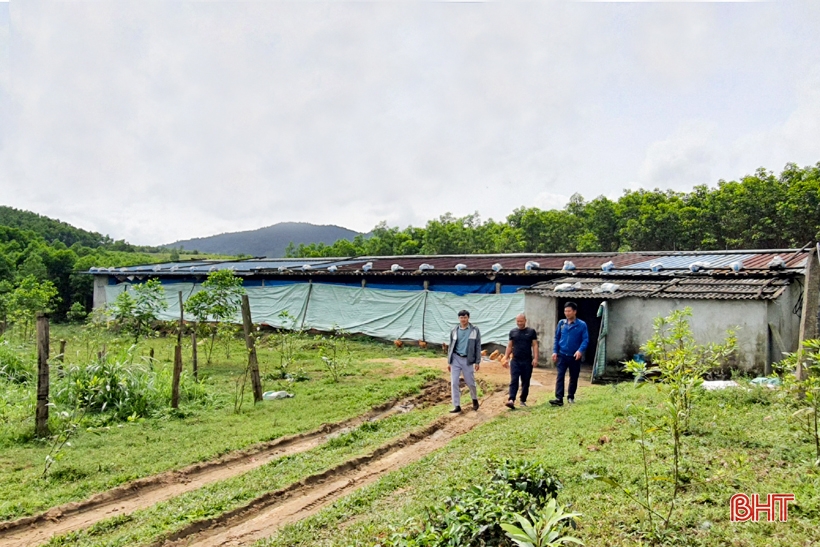
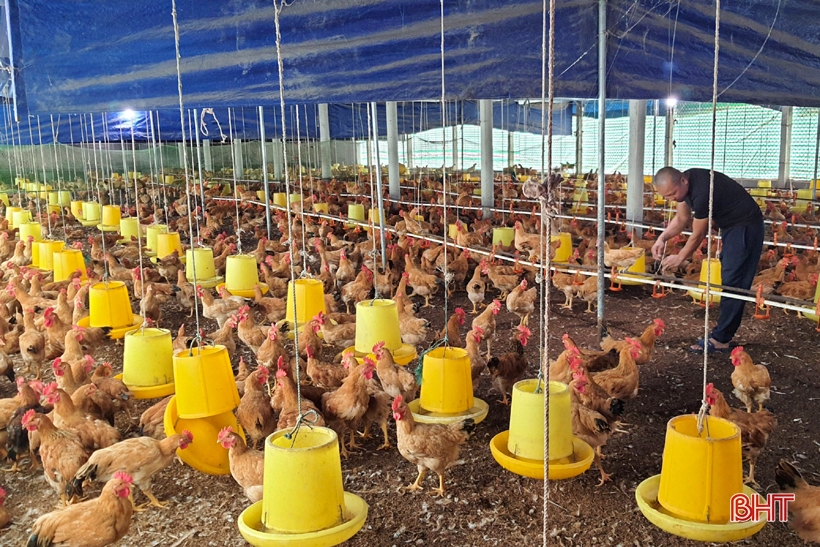
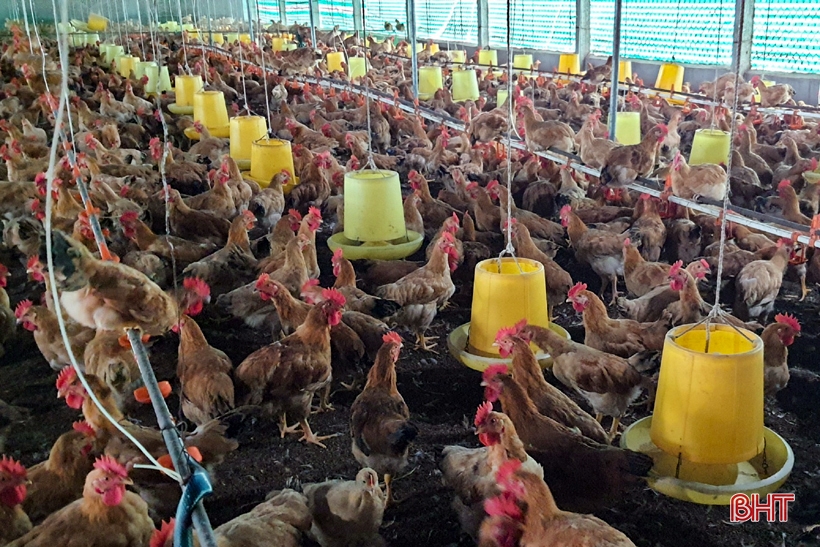
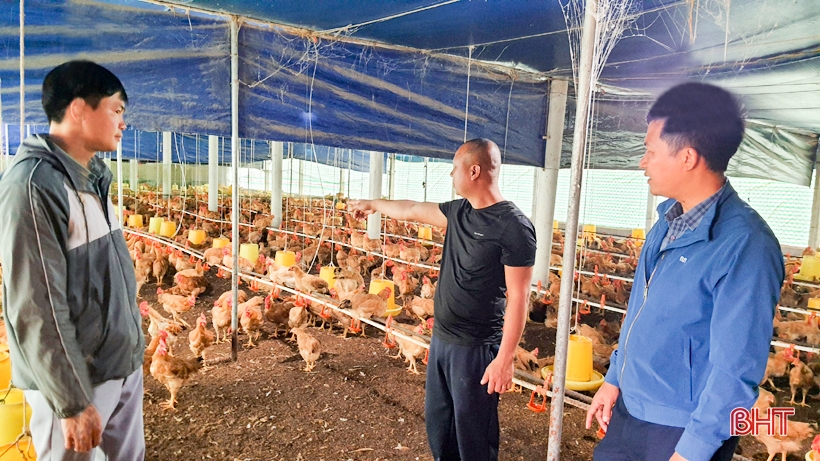
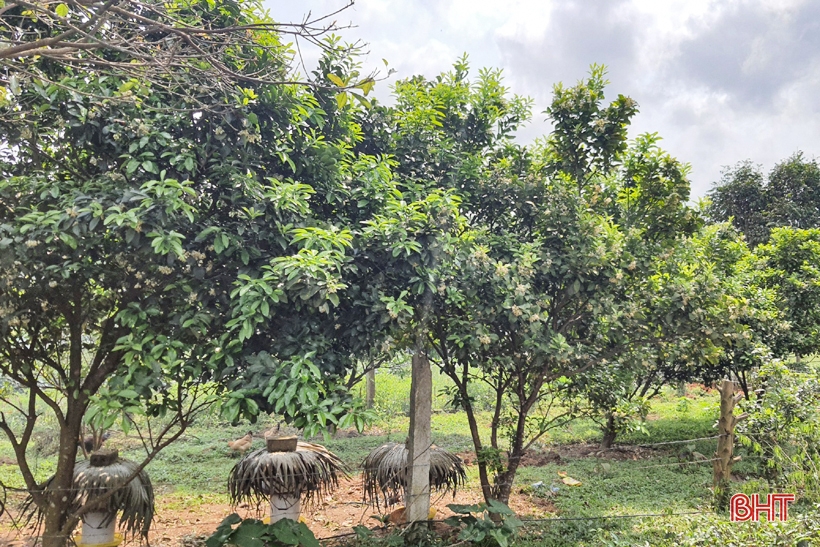
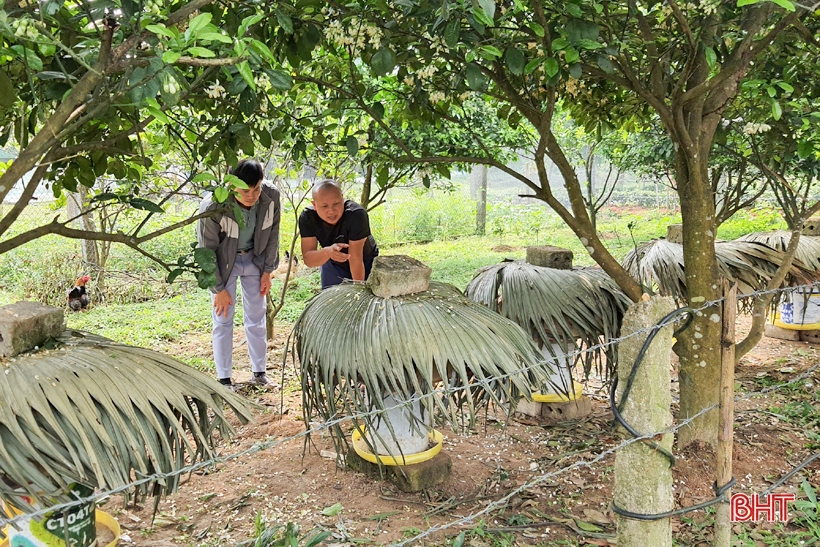
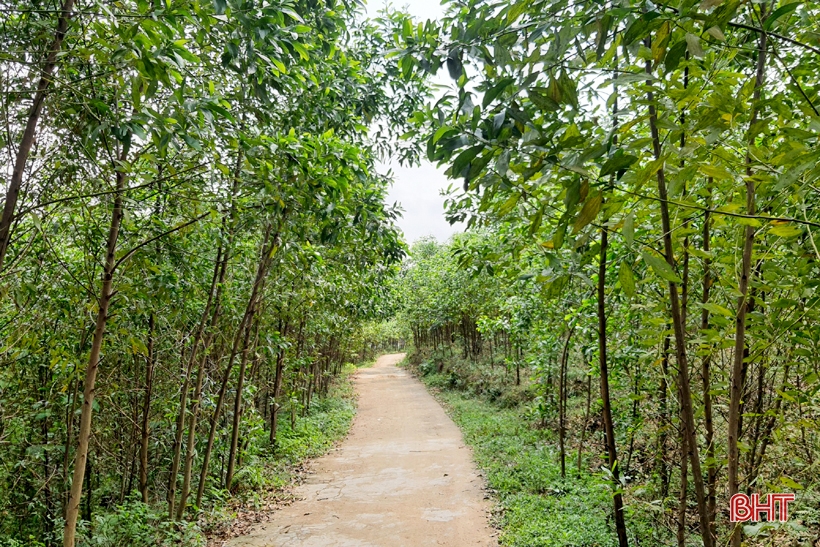
![[Photo] Promoting friendship, solidarity and cooperation between the armies and people of the two countries](https://vstatic.vietnam.vn/vietnam/resource/IMAGE/2025/4/17/0c4d087864f14092aed77252590b6bae)
![[Photo] Prime Minister Pham Minh Chinh and Ethiopian Prime Minister visit Tran Quoc Pagoda](https://vstatic.vietnam.vn/vietnam/resource/IMAGE/2025/4/17/18ba6e1e73f94a618f5b5e9c1bd364a8)
![[Photo] President Luong Cuong receives Kenyan Defense Minister Soipan Tuya](https://vstatic.vietnam.vn/vietnam/resource/IMAGE/2025/4/17/0e7a5185e8144d73af91e67e03567f41)
![[Photo] Warm meeting between the two First Ladies of the Prime Ministers of Vietnam and Ethiopia with visually impaired students of Nguyen Dinh Chieu School](https://vstatic.vietnam.vn/vietnam/resource/IMAGE/2025/4/17/b1a43ba73eb94fea89034e458154f7ae)
![[Photo] Welcoming ceremony for Chinese Defense Minister and delegation for friendship exchange](https://vstatic.vietnam.vn/vietnam/resource/IMAGE/2025/4/17/fadd533046594e5cacbb28de4c4d5655)
![[Photo] General Secretary To Lam receives French Ambassador to Vietnam Olivier Brochet](https://vstatic.vietnam.vn/vietnam/resource/IMAGE/2025/4/17/49224f0f12e84b66a73b17eb251f7278)

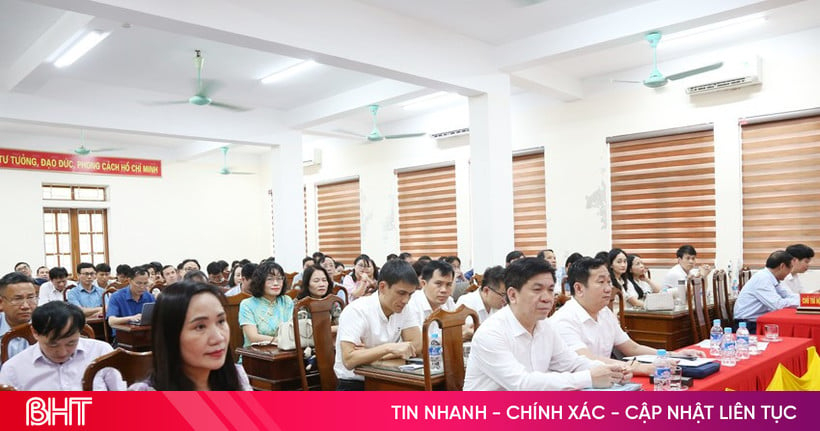
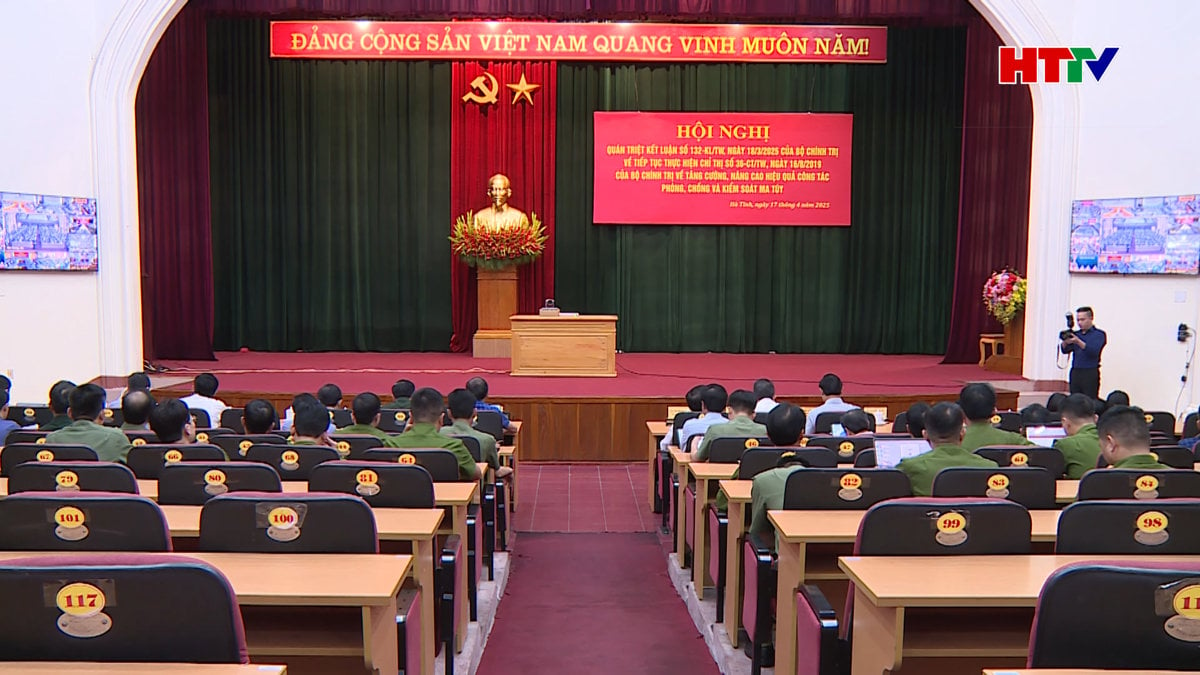
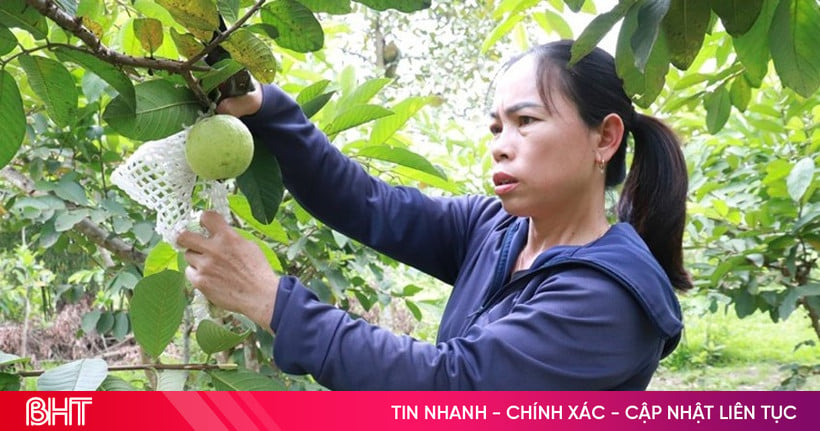

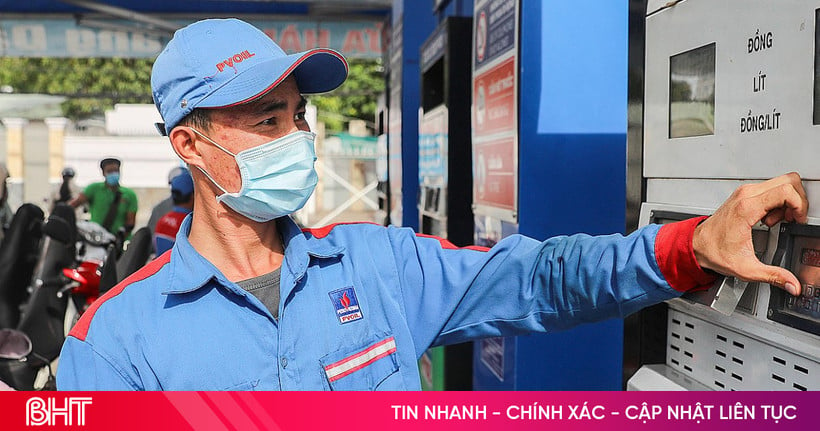





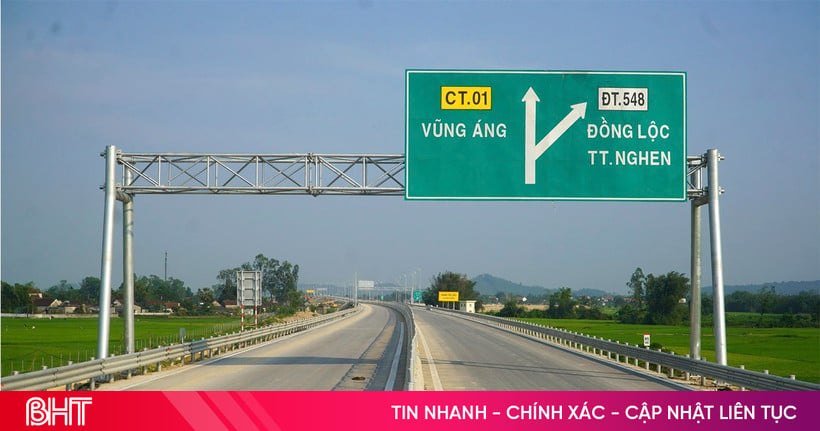
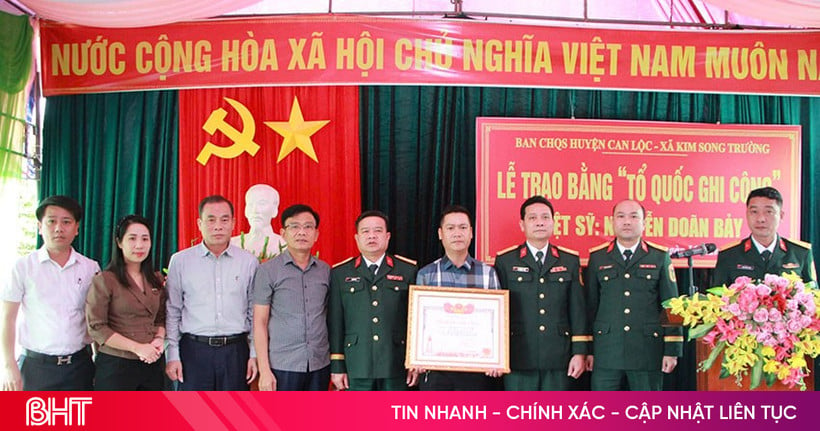
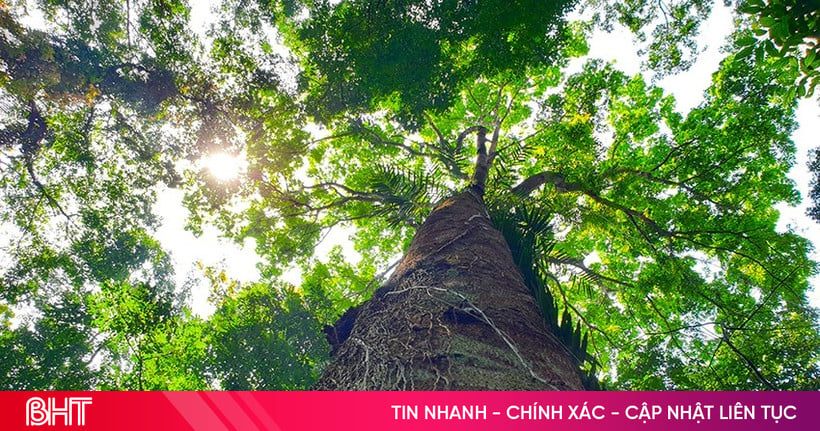






























![[Video] Viettel officially puts into operation the largest submarine optical cable line in Vietnam](https://vstatic.vietnam.vn/vietnam/resource/IMAGE/2025/4/17/f19008c6010c4a538cc422cb791ca0a1)















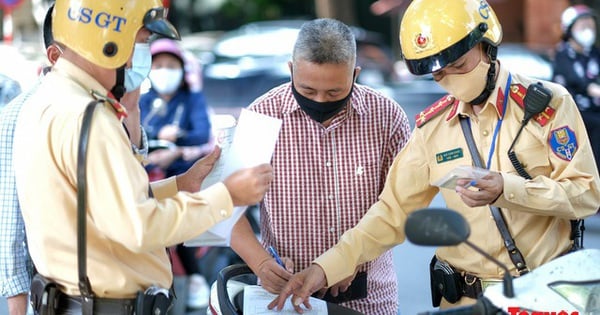
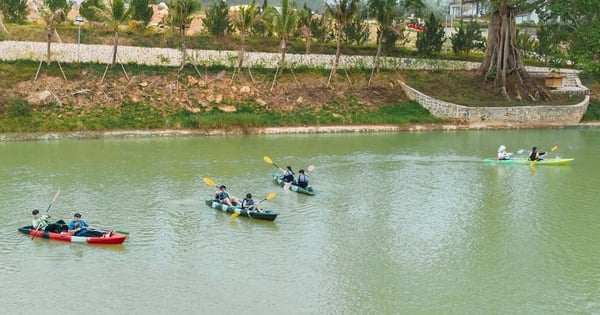
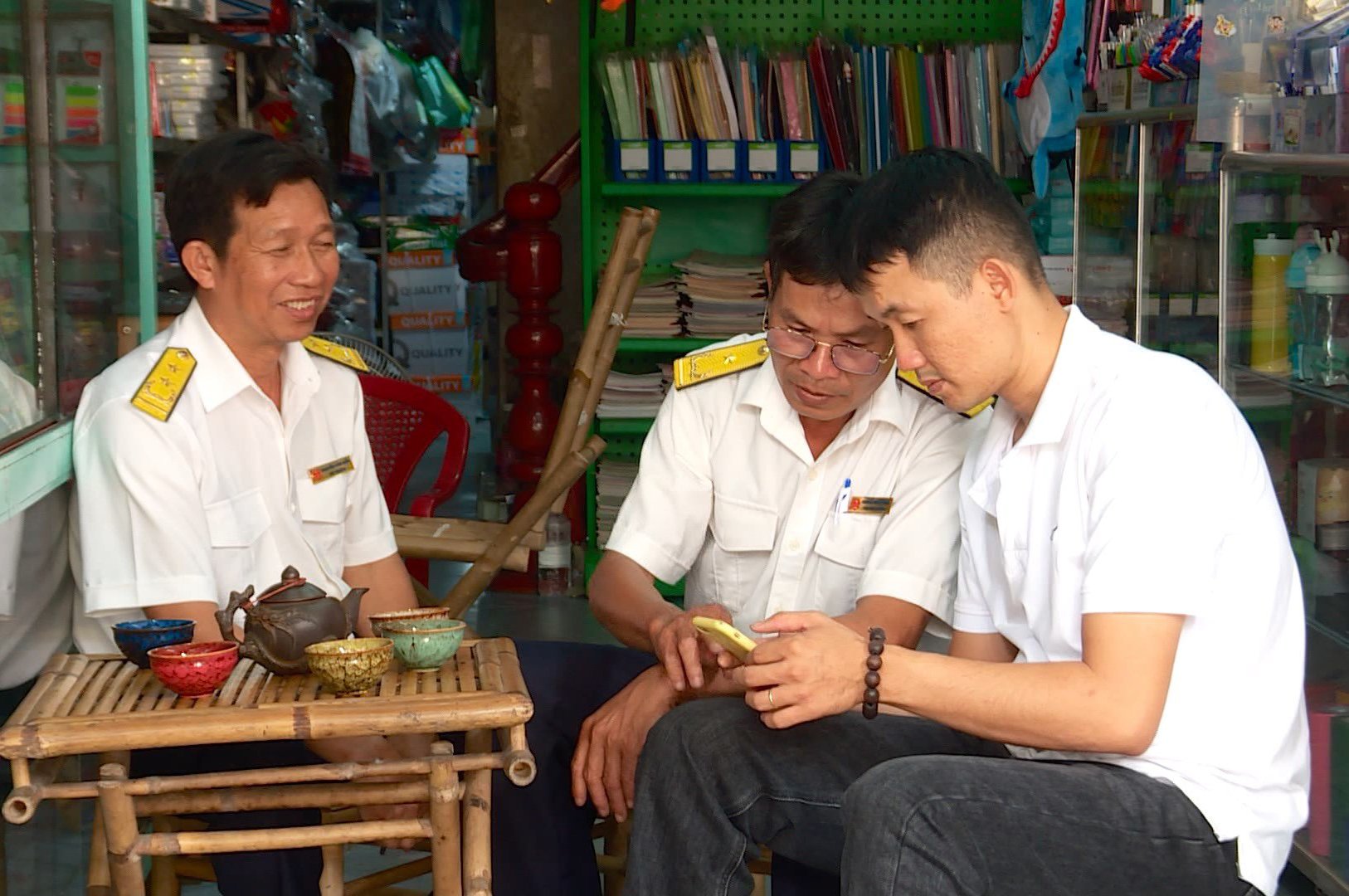

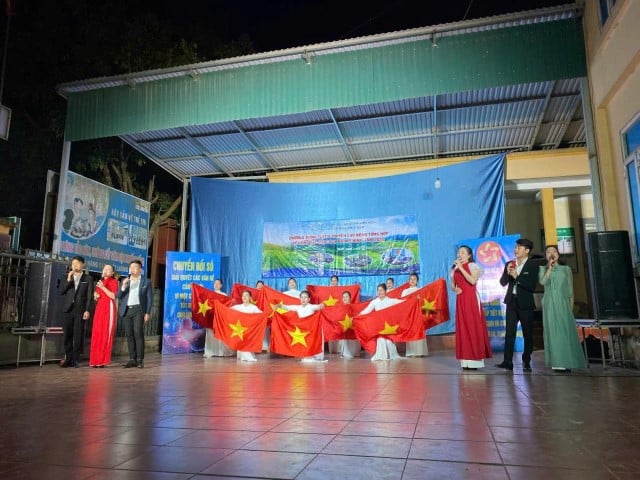

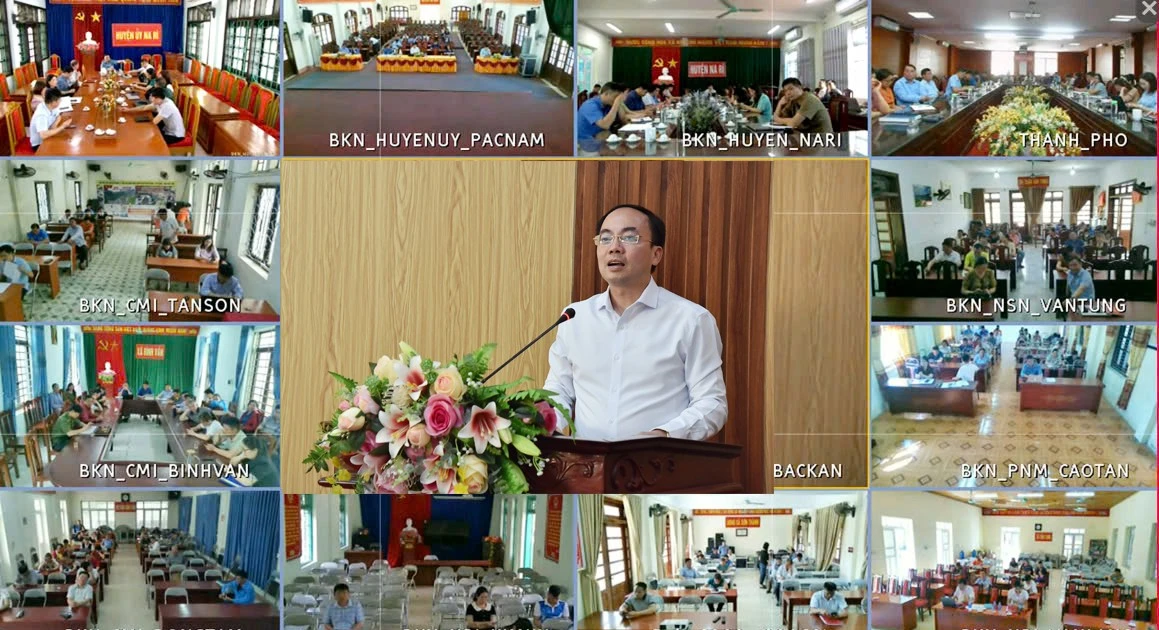


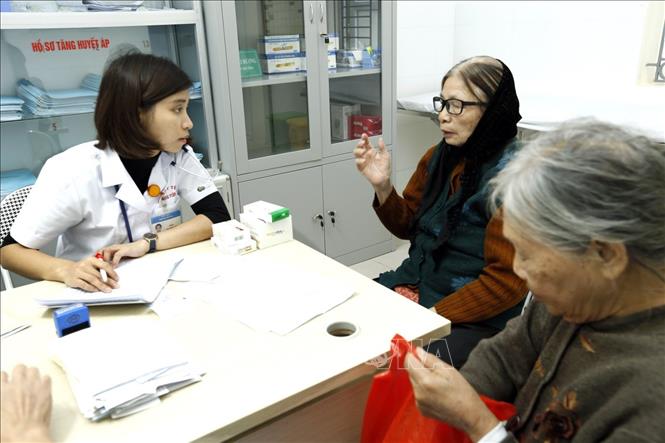















Comment (0)